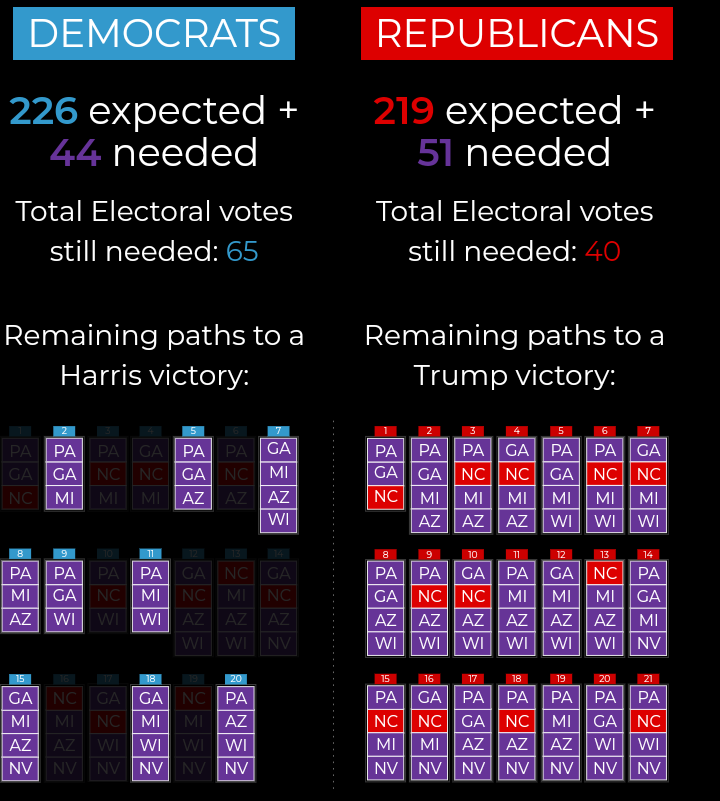

Thanks! I didn’t want to come off as needlessly antagonistic toward a comrade and it’s hard to tell tone from text. I think we should always be actively rooting out the liberal in our head. And as it’s the hegemonic ideology it can be buried deep inside. Engaging in struggle helps, but I’ll be the first to tell you I’m nowhere as engaged as I should be. So that liberalism can creep up in insidious ways. Especially for those in the imperial core. I’m assuming you are, as I am, but I may be off base.
I think this quote from Assata Shakur is good to keep in mind when thinking about liberals.
As far as i’m concerned, “liberal” is the most meaningless word in the dictionary. History has shown me that as long as some white middle-class people can live high on the hog, take vacations to Europe, send their children to private schools, and reap the benefits of their white skin privileges, then they are “liberals.” But when times get hard and money gets tight, they pull off that liberal mask and you think you’re talking to Adolf Hitler. They feel sorry for the so-called underprivileged just as long as they can maintain their own privileges.






Another user @Lemister@hexbear.net, has mentioned Michael Hudson, and though I haven’t read his books on the ancient economy they are on my list. He mentions ancient economies and tyrants in some articles you can find online. To give you a gist, here are some quotes from Michael Hudson: The End of Western Civilization – Why It Lacks Resilience, and What Will Take Its Place
And another Hudson article on the Ancient economy you may find interesting, from Michael Hudson: Debt, Economic Collapse and the Ancient World
Another book on the subject is Passages from Antiquity to Feudalism by Perry Anderson. One of my favorite books. It gives a quick overview of the modes of production of Ancient Greece and Rome and then discusses how they collapsed and transitioned to Feudalism.
Here are some passages regarding Ancient Greece and the Tyrans:
Something interesting to note is that this trend of tyrants was common throughout Greece, but was essentially absent in Rome. Rome didn’t have an age of tyrants (or if they did as Hudson suggests the Roman kings were analogous to tyrants, they were not ultimately successful and the nobility was able to hold on to power till the end.
Anderson remarks:
Class struggle is essential in understanding ancient history. Reading Hudson and Anderson really makes it clear how “The history of all hitherto existing society is the history of class struggles”